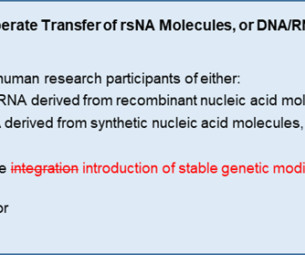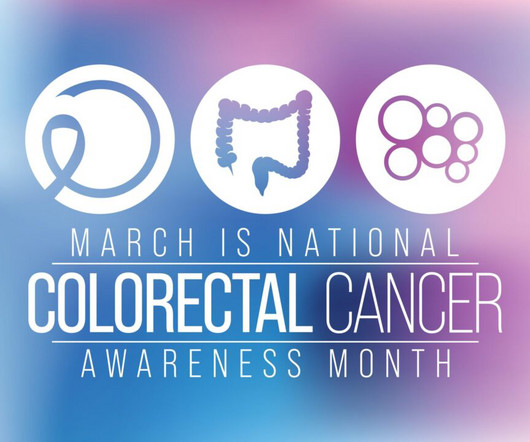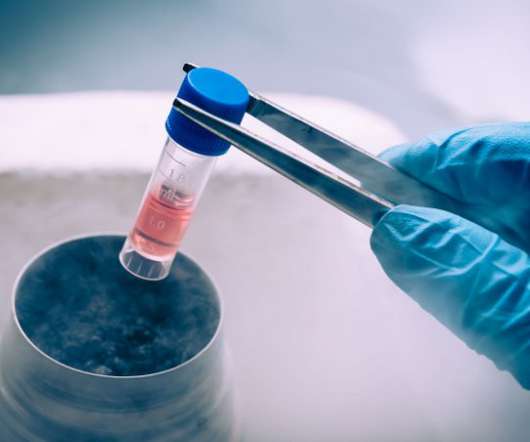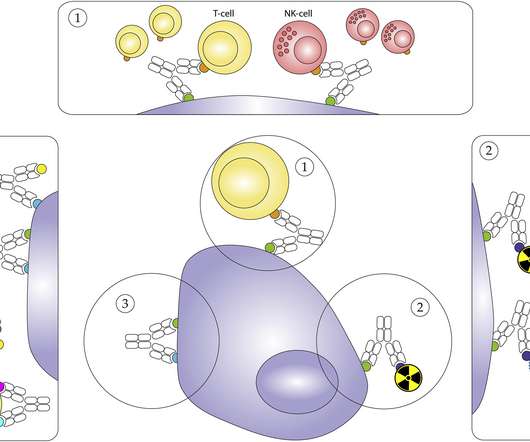How Potential Changes to the NIH Guidelines Could Impact IBC Review
WCG Clinical
NOVEMBER 17, 2023
This change expanded the definition of HGT research to include research using nucleic acids that are able to replicate, be transcribed, translated into protein, and/or integrate into the host genome. Since then, however, certain genetic engineering technologies (e.g.,












Let's personalize your content